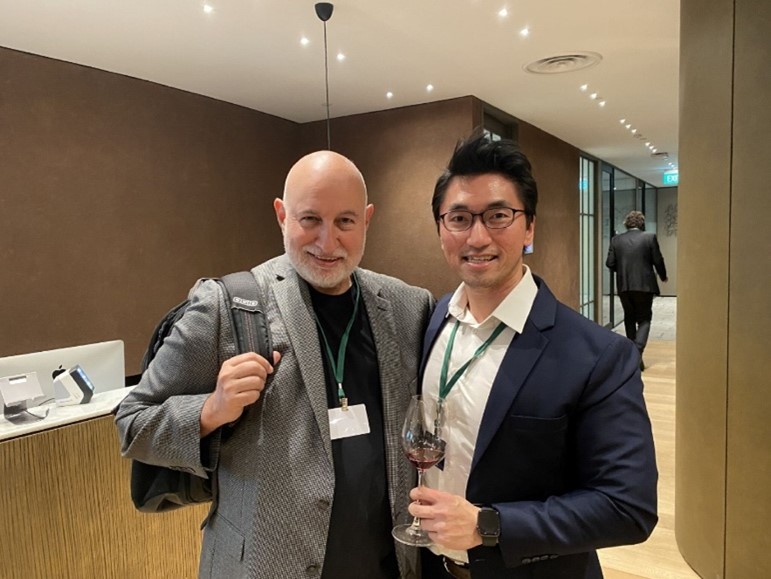by Calista Chew, Melvin L. De Guia, and Bennett Lee




In our annual review, we evaluate over 350 startups competing for our attention. Following a recent portfolio management meeting, we reflect on the essential elements that differentiate an outstanding startup – whether it be the business model, unit economics, or the product-market fit.
While these factors are critical in recognizing promising businesses, our conclusion emphasizes founders as a key differentiator between average and exceptional startups. We aim to dispel the misconception that only founders from Ivy League schools, with exceptional intellect can attract VC investment and instead explore the characteristics that effective founders possess.
Humility
In the dynamic landscape of venture capital, a startup’s success often depends on the qualities of its founder. One standout characteristic in exceptional founders is humility – a trait that serves as a foundation for a leader’s ability to learn, adapt, and collaborate effectively. While hard skills and industry experience remain important, successful founders recognize that they don’t have all the answers and are open to continuous improvement.
Identifying and assessing this trait is crucial for making informed investment decisions as a VC investor. The initial pitch presentation serves as a crucial juncture where subtle cues can unveil a founder’s humility or lack thereof. A founder’s approach to seeking improvement and openness to feedback becomes a compelling indicator. A humble founder actively seeks guidance or insights, signalling an openness to collaboration and a recognition that successful leadership involves collective wisdom.
Recently, we reconnected with a founder whose business, initially too early-stage for our fund, shifted towards a Software-as-a-Service (SaaS) model based on our feedback. This adaptability and openness to improvement have since positioned the company for significant attention within our network.
Resilience
Beyond humility, resilience is another pivotal characteristic that distinguishes successful founders. In the unpredictable startup ecosystem, setbacks and failures are inevitable. As a venture capital firm specializing in travel and hospitality, we’ve witnessed founders navigating challenges presented by the COVID-19 pandemic, showcasing remarkable mental fortitude by adapting their services to comply with lockdowns and new regulations, exploring alternative revenue streams, and persisting through adversity. According to Forbes Business Review, entrepreneurs whose startups have failed exhibit a 20% greater likelihood of success in their subsequent ventures, underscoring the significance of resilience.
To assess resilience, we delve into a founder’s track record in handling past failures or setbacks. In interviews, we inquire about specific instances where the founder faced adversity and the strategies employed to overcome it. Examining the founder’s response to market shifts or unforeseen obstacles in their previous ventures provides valuable insights into their resilience and ability to lead a company through challenging times.
Recently, we encountered a CEO whose company had successfully navigated challenges and captured a significant portion of the Israeli market, after relocating from Ukraine to Israel. This CEO continued demonstrating resilience by connecting with strategic investors and exploring opportunities for expanding operations into the United States and Southeast Asia, despite market setbacks. The resilience embodied by this founder helps the company to weather unforeseen storms, adapt to changing circumstances, and keep on a steady course.
Foresight
Another important characteristic that we value in founders is business acumen. Good foresight allows a founder to see opportunities where others may see obstacles. This characteristic enables a founder to inspire and align their team towards a shared goal, fostering a culture of innovation and forward-thinking.
To evaluate a founder’s foresight, we delve into their strategic thinking and long-term vision for the company, backed by an execution plan. Engaging in discussions about market trends, competition, and potential challenges allows investors to gauge the founder’s depth of understanding and foresight. According to Forbes Business Review, more than 70% of startups experience failure due to premature scaling, emphasizing the crucial role of foresight.
We encountered two co-founders who recognised an opportunity in the privacy and compliance space due to the death of third-party cookies in 2024. In response, they devised a unique approach: transforming personal data into encrypted insights rather than retaining raw data. Their foresight not only enabled them to navigate compliance issues effectively but also presented businesses with innovative marketing solutions.
Leadership
Founders play a crucial role in envisioning and leading a startup toward success. Their skill in setting clear goals, expressing a compelling vision, and fostering a shared sense of purpose among team members is vital for the startup’s unity and advancement.
Investors go beyond financial metrics and business plans, closely examining the founder’s leadership abilities, including past successes and their capacity to handle challenges. Effective communication is key, as it allows investors to evaluate how founders articulate their vision, strategies, and obstacles, revealing transparency and clarity in their communication.
The founder of a company within our portfolio had been grappling with the challenge of increasing sales revenue. Successfully leading relationships with various stakeholders, including the board of directors and clients, led to sales boost and the success of the company. This founder showcased effective leadership despite challenges.
Adaptability
Adaptability is another crucial trait for founders. Successful entrepreneurs must be capable of pivoting their strategies, products, or business models based on market feedback and evolving trends. We often see founders fixating on their product rather than focusing on the more important question of how receptive the market will be.
An adaptable founder not only responds to change but anticipates it, positioning the company to capitalize on emerging opportunities. We assess a founder’s adaptability through scenario-based discussions and case studies, presenting hypothetical situations that mirror potential challenges in the startup journey. These scenarios can help reveal the founder’s capacity to pivot and make informed decisions in real-time.
One of the founders within our portfolio showcased adaptability by reevaluating their business strategy amid the challenges posed by COVID-19. Rather than downsizing the team, the founder explored alternative cost-cutting measures and expanded to regions with less stringent lockdown measures, leading the company to a robust recovery.
Conclusion
In conclusion, selecting the right founder is a nuanced process that goes beyond analyzing business plans and financial projections. Possessing characteristics such as humility, resilience, foresight, leadership, and adaptability is pivotal in determining a founder’s potential for success. As investors, we play a crucial role in identifying and assessing these traits through thorough due diligence, reference checks, and insightful conversations. Prioritizing these qualities in the founder selection process increases the likelihood of backing entrepreneurs who possess the resilience and leadership skills necessary to navigate the challenges of the dynamic startup ecosystem.
This publication is authored by the Investment Team at Velocity Ventures. The team members are Calista Chew and Melvin L. De Guia, led by Bennett Lee, CFA, CAIA.
